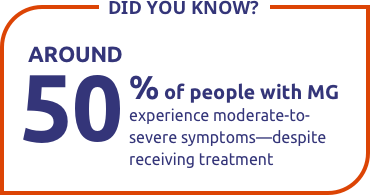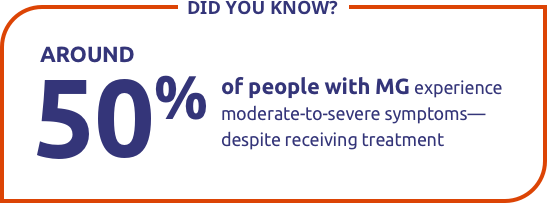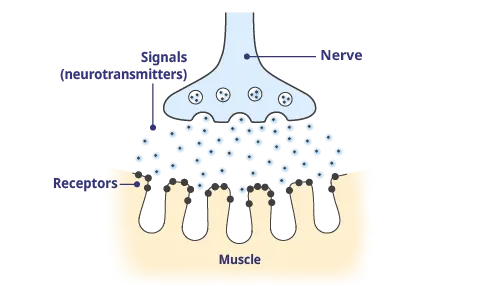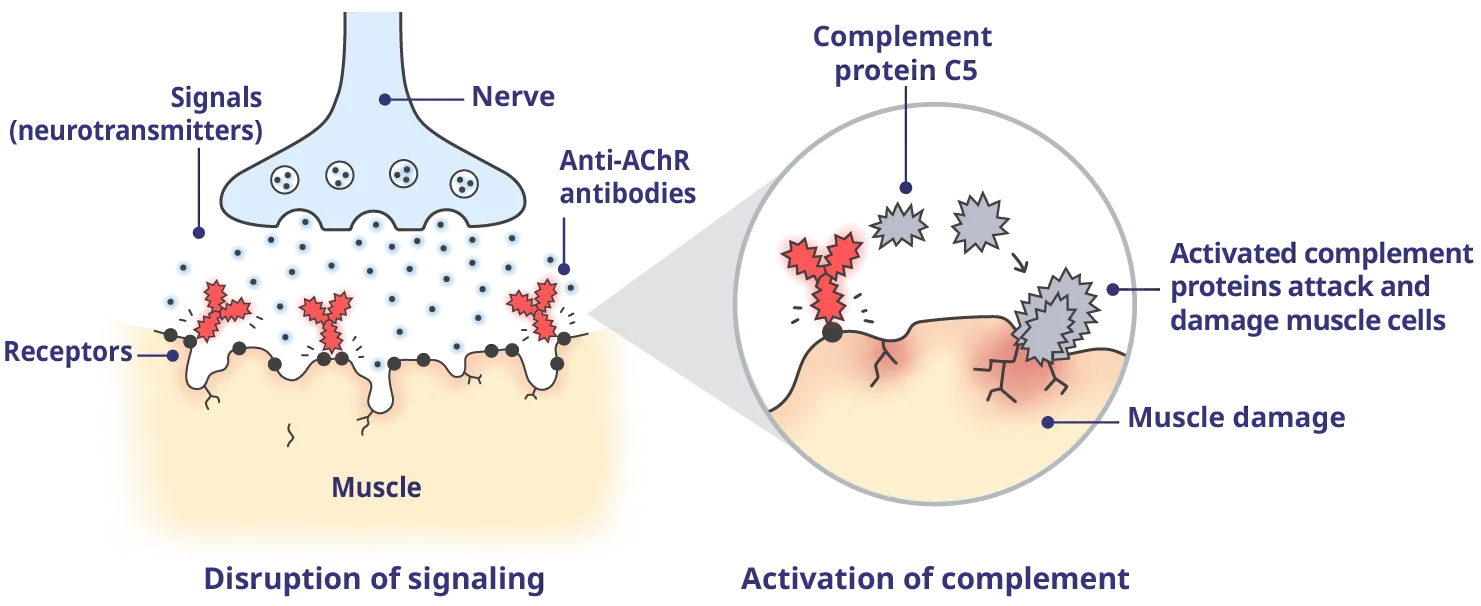What is the most important information I should know about ZILBRYSQ?
ZILBRYSQ is a medicine that affects part of your immune system. ZILBRYSQ may lower the ability of your immune system to fight infections.
- ZILBRYSQ increases your chance of getting serious meningococcal infections caused by
Neisseria meningitidis
bacteria. Meningococcal infections may quickly become life-threatening or cause death if not recognized and treated early.
- You must complete or update your meningococcal vaccine(s) at least 2 weeks before your first dose of ZILBRYSQ.
- If you have not completed your meningococcal vaccines and ZILBRYSQ must be started right away, you should receive the required vaccine(s) as soon as possible.
- If you have not been vaccinated and ZILBRYSQ must be started right away, you should also receive antibiotics to take for as long as your healthcare provider tells you.
- If you had a meningococcal vaccine in the past, you might need additional vaccines before starting ZILBRYSQ. Your healthcare provider will decide if you need additional meningococcal vaccines.
- Meningococcal vaccines do not prevent all meningococcal infections.
Call your healthcare provider or get emergency medical care right away if you get any of these signs and symptoms of a meningococcal infection:
- fever
- fever with high heart rate
- headache and fever
- confusion
- muscle aches with flu-like symptoms
- fever and a rash
- headache with nausea or vomiting
- headache with a stiff neck or stiff back
- eyes sensitive to light
Your healthcare provider will give you a Patient Safety Card about the risk of serious meningococcal infection.
Carry it with you at all times during treatment and for 2 months after your last ZILBRYSQ dose. Your risk of meningococcal infection may continue for several weeks after your last dose of ZILBRYSQ. It is important to show this card to any healthcare provider who treats you. This will help them diagnose and treat you quickly.
ZILBRYSQ is only available through a program called the ZILBRYSQ Risk Evaluation and Mitigation Strategy (REMS).
Before you can receive ZILBRYSQ, your healthcare provider must:
- enroll in the ZILBRYSQ REMS program.
- counsel you about the risk of meningococcal infections.
- give you the Patient Guide, including information about the signs and symptoms of meningococcal infection.
- give you a
Patient Safety Card
about your risk of meningococcal infection, as discussed above.
- make sure that you are vaccinated against serious infections caused by meningococcal bacteria and that you receive antibiotics if you need to start ZILBRYSQ right away and you are not up to date on your vaccines.
ZILBRYSQ may also increase the risk of other types of serious infections
caused by encapsulated bacteria, including
Streptococcus pneumoniae, Haemophilus influenzae,
and
Neisseria gonorrhoeae.
- Certain people may be at risk of serious infections with gonorrhea. Talk to your healthcare provider about whether you are at risk for gonorrhea infection, about gonorrhea prevention, and about regular testing.
Call your healthcare provider right away if you have new signs or symptoms of infection.
Who should not use ZILBRYSQ?
-
Do not use ZILBRYSQ if you
have a serious meningococcal infection when you are starting ZILBRYSQ treatment.
Before you use ZILBRYSQ, tell your healthcare provider about all of your medical conditions, including if you:
- have an infection or fever.
- are pregnant or plan to become pregnant. It is not known if ZILBRYSQ will harm your unborn baby.
- are breastfeeding or plan to breastfeed. It is not known if ZILBRYSQ passes into your breast milk. Talk to your healthcare provider about the best way to feed your baby if you use ZILBRYSQ.
Tell your healthcare provider about all the medicines you take,
including prescription and over-the-counter medicines, vitamins, and herbal supplements.
What are the possible side effects of ZILBRYSQ?
ZILBRYSQ may cause serious side effects, including:
- See
“What is the most important information I should know about ZILBRYSQ?”
-
Inflammation of the pancreas (pancreatitis) and other pancreatic problems.
Pancreatitis and pancreatic cysts have happened in people who use ZILBRYSQ. Your healthcare provider will do blood tests to check your pancreas before you start treatment with ZILBRYSQ.
-
Call your healthcare provider right away
if you have pain in your stomach area (abdomen) that will not go away. Your healthcare provider will tell you if you should stop using ZILBRYSQ. The pain may be severe or felt going from your abdomen to your back. The pain may happen with or without vomiting. These may be symptoms of pancreatitis.
The most common side effects of ZILBRYSQ include:
- injection site reactions.
- upper respiratory tract infections.
- diarrhea.
Tell your healthcare provider about any side effect that bothers you or that does not go away. These are not all the possible side effects of ZILBRYSQ. For more information, ask your healthcare provider or pharmacist. Call your doctor for medical advice about side effects. You may report side effects to FDA at
www.fda.gov/medwatch
or
1-800-FDA-10881-800-FDA-1088. You may also report side effects to UCB, Inc. by calling 1-844-599-CARE [2273].
See the detailed Instructions for Use that comes with ZILBRYSQ for information on how to prepare and inject a dose of ZILBRYSQ, and how to properly throw away (dispose of) used ZILBRYSQ prefilled syringes.
INDICATION
What is ZILBRYSQ?
- ZILBRYSQ is a prescription medicine used to treat adults with a disease called generalized myasthenia gravis (gMG) who are anti-acetylcholine receptor (AChR) antibody positive.
- It is not known if ZILBRYSQ is safe and effective in children.
Please see the full
Prescribing Information
and
Medication Guide
for ZILBRYSQ, including the Boxed Warning regarding serious meningococcal infections. Please see the Instructions for Use for the ZILBRYSQ Single-Dose Prefilled Syringe. Talk to your healthcare provider about your condition or your treatment. For more information, go to
www.ZILBRYSQ.com
or call 1-844-599-2273.











